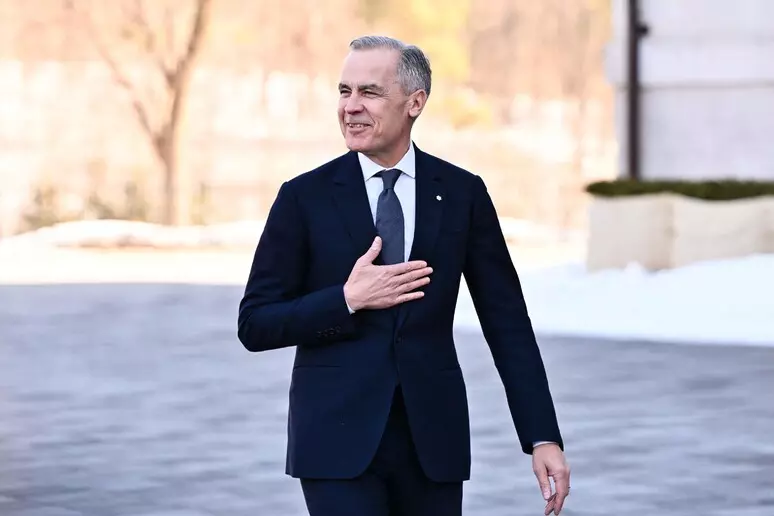Mark Carney’s Liberal Party won the Canadian election, after narrowly beating Pierre Poilievre and the Conservative Party. However, as reported by Reuters, according to CTV projections, the center left failed to win a majority, or at least 172 of the 343 seats in the House of Commons, to be able to govern without the support of the minor parties.
This could pose a secondary issue, especially when there will be negotiations with the U.S. president, Donald Trump, on the issue of tariffs. With 96 percent of the votes counted, Carney and his people won 167 seats and the Conservatives 145.
“Our old relationship with the United States, a relationship based on steadily increasing integration, is over,” Carney said in a victory speech in Ottawa. “The system of open global trade anchored by the United States, a system that Canada has relied on since the Second World War, a system that, while not perfect, has helped deliver prosperity for our country for decades, is over. These are tragedies, but it’s also our new reality.”
According to insiders, what has now become known as the “Trump factor” was instrumental in the Liberal Party’s victory. Up to January, they were considered the underdogs in the polls, trailing the Conservatives by as much as 20 percentage points. However, the tariffs on imports imposed by Trump, and his statements about wanting to make Canada the 51st state in the U.S., have totally overturned the predictions. “It was the ‘anybody-but-Conservative’ factor”, said Shachi Kurl, president of the Angus Reid Institute, a firm that deals primarily with polling, “it was the Trump tariff factor, and then it was the Trudeau departure … which enabled a lot of left-of-center voters and traditional Liberal voters to come back to the party”.
Carney promised a tough approach with Washington on import tariffs and said Canada would have to spend billions to reduce its dependence on the United States. “Canada must never forget the American betrayal,” the premier said during his victory speech in Ottawa, “America wants our land, our resources, our water, our country. These are not idle threats. President Trump is trying to break us so America can own us. That will never ever happen.”
The U.S. president again became a major factor in the Canadian election campaign last week when he stated that he might increase duties by 25 percent on cars produced in the country. For his part, Carney reiterated that he intends to meet with the American leader to discuss the issue, adding, “We will fight hard to get the best deal for Canada.”











